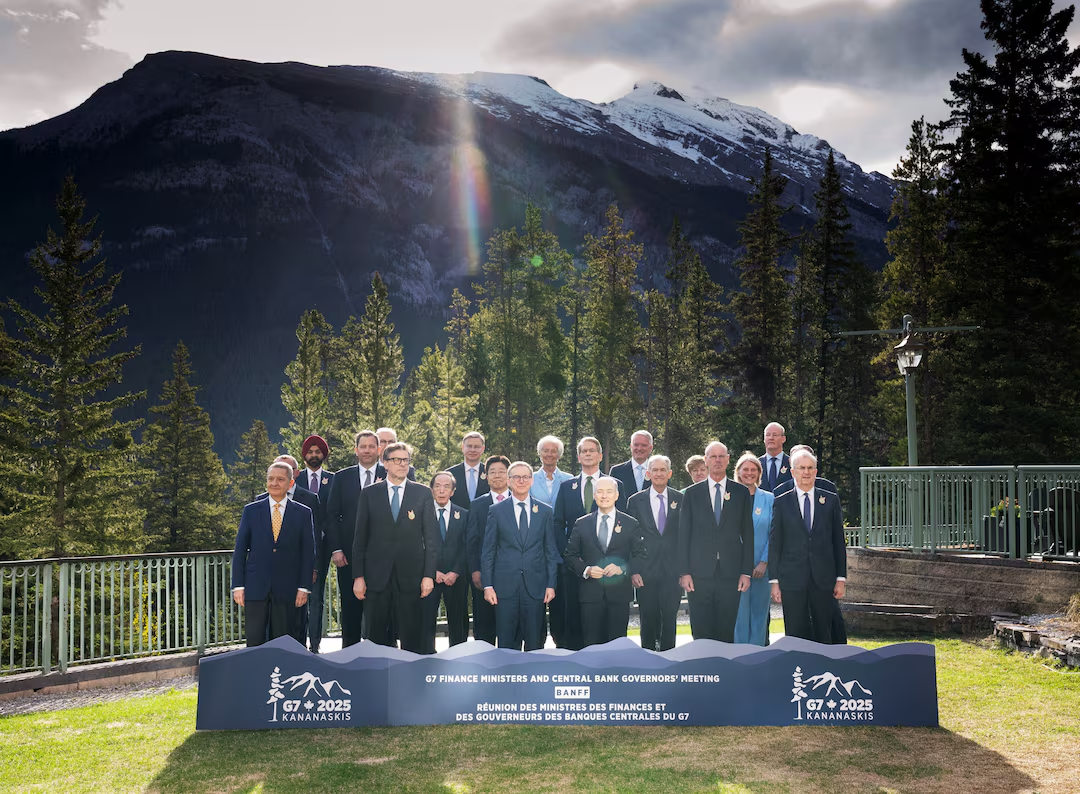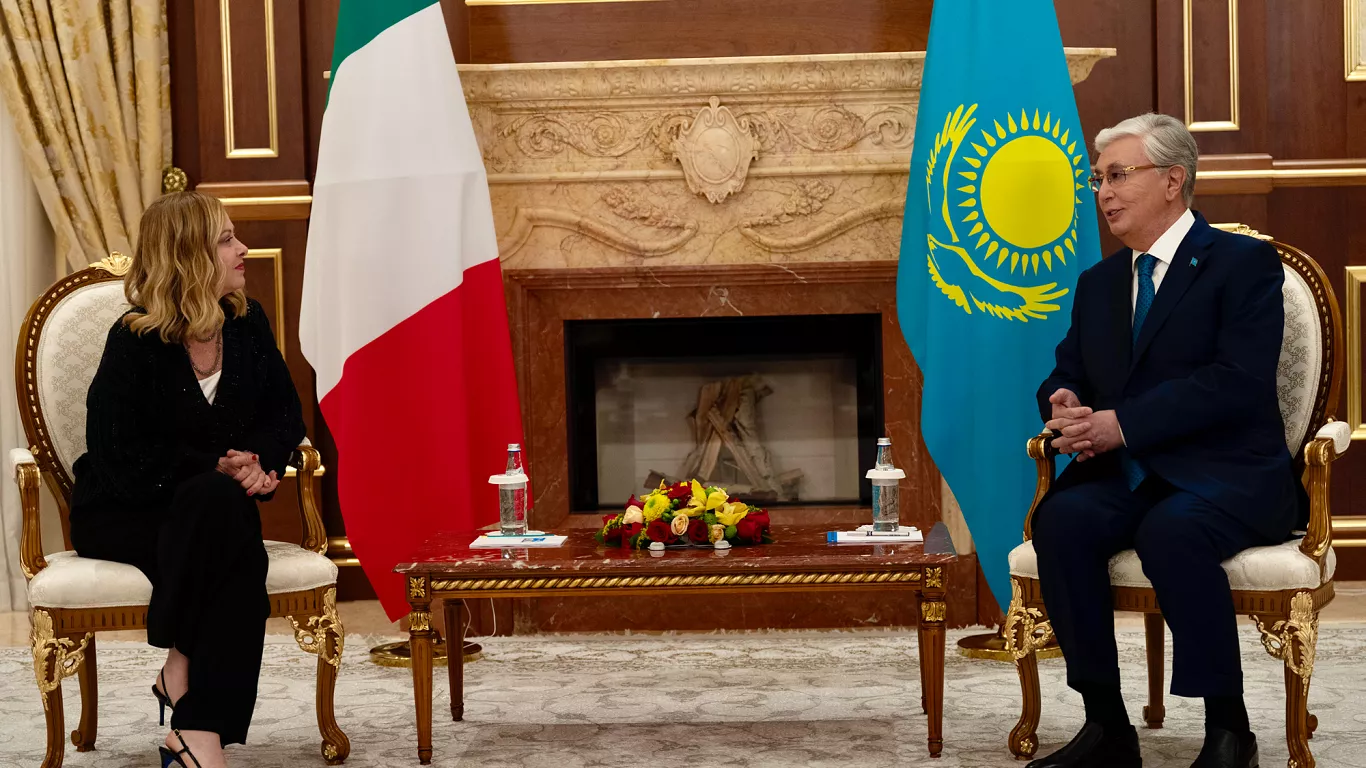Finance ministers from the Group of Seven (G7) nations sought to downplay growing trade tensions during a summit in Stresa, Italy, as they worked to present a united front on global economic stability, supply chain resilience, and financial support for Ukraine. The discussions came amid rising friction over U.S. proposals for new tariffs on Chinese goods and Europe’s divergent views on how to manage economic competition with Beijing.
U.S. Treasury Secretary Janet Yellen defended Washington’s recent moves to increase tariffs on Chinese electric vehicles, semiconductors, and solar panels, saying the actions were narrowly targeted and intended to address overcapacity and unfair trade practices. “These are not broad-based protectionist measures,” Yellen said. “They are strategic and focused on maintaining fair competition.”
However, the Biden administration’s tariff strategy has raised concerns among other G7 members, particularly in Europe, where leaders are wary of provoking a new wave of trade retaliation or harming transatlantic economic unity. Germany and France have urged caution, emphasizing diplomacy and World Trade Organization (WTO) channels for addressing trade grievances.
Despite the differing views, G7 officials strived to emphasize shared priorities. In a joint draft communiqué, the finance leaders reaffirmed their commitment to “open, rules-based trade,” while also highlighting the need to diversify supply chains and reduce dependence on authoritarian regimes for critical goods.
“We are aligned on the need to protect our economies from coercive practices and economic overreliance,” said Italian Finance Minister Giancarlo Giorgetti, who hosted the meeting. He added that the discussions were “constructive” and focused more on areas of agreement than division.
The G7 also devoted significant attention to Ukraine, reaffirming support for using frozen Russian assets to fund Ukraine’s reconstruction. Officials discussed a U.S.-backed proposal to issue loans to Kyiv backed by future revenues from these assets, though some legal and technical hurdles remain unresolved.
Japan’s Finance Minister Shunichi Suzuki expressed optimism that consensus could be reached before the G7 leaders’ summit in June. “We are committed to ensuring Ukraine has the financial resources to withstand Russian aggression,” he said.
On broader economic issues, the ministers acknowledged that global growth remains uneven, with inflationary pressures easing in some regions while others continue to struggle with elevated borrowing costs and fragile consumer demand. The group encouraged central banks to remain data-driven in their monetary policy approaches, reflecting differing interest rate paths among the members.
Climate finance and digital regulations also featured in the talks, though progress on global tax reforms remained limited. A key obstacle remains opposition from some low-tax jurisdictions and the U.S. Congress, stalling parts of the OECD’s global tax deal.
Observers noted that while the summit did not produce dramatic breakthroughs, it succeeded in maintaining cohesion at a time when domestic politics in many G7 countries are increasingly shaped by nationalist and protectionist pressures.
“The G7 is trying to walk a fine line between unity and realism,” said Holger Schmieding, chief economist at Berenberg Bank. “They need to balance their domestic agendas with a collective response to global challenges like China, Ukraine, and economic fragmentation.”
As the finance ministers wrap up their meetings, the focus now shifts to next month’s G7 leaders’ summit, where trade policy, security, and support for democratic allies are expected to dominate the agenda once again. The underlying message from Stresa: differences exist, but the will to preserve Western coordination remains intact—for now.
Source: Reuters



